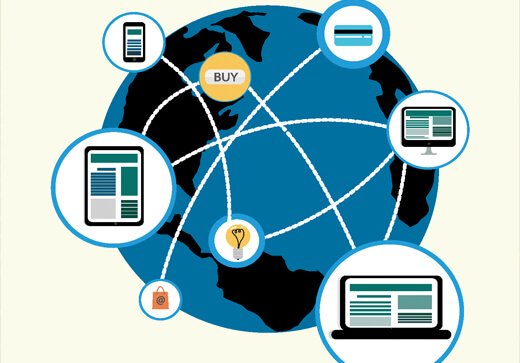E-Commerce In Europe Is About To Change Forever
According to 451 Research’s Global Unified Commerce Forecast, virtual trade income in Western Europe will grow at a 17% CAGR between 2018 and 2022, cresting to $1 trillion by way of the stop of the forecast period. This fast enlargement of the market is bringing with it exciting opportunities but isn’t always without outcomes. Fraudsters are increasingly migrating into virtual channels, sparking a growing need for stepped forward chance management and sturdy customer authentication.
Regulators in Europe have chosen to cope with growing complexities inside the digital commerce fraud landscape with Strong Customer Authentication (SCA), a quick-drawing comparative law meant to mitigate fraud with the aid of mandating a more excellent uniform and rigorous approach to authentication. SCA has tremendous, and long way-attaining implications across the value chain and will have an immediate and probably damaging effect on traders’ checkout flows.

What is SCA?
SCA is being delivered within the European Economic Area (EEA) as a part of the Revised Payment Services Directive (PSD2) law. It applies to purchaser-initiated purchases that take vicinity in Europe, as long as both the cardholder’s issuing financial institution and the merchant’s fee provider (e.G., acquirer) are placed within the EEA.
Under SCA, virtual trade transactions in Europe must be proven with the aid of two mutually unbiased kinds of authentication beginning on September 14, 2019. EMV 3DS (3-D-Secure 2) might be the number one automobile for charge providers and card issuers to implement SCA.
It is the cardboard provider’s selection to decide on the authentication techniques and elements it elects to leverage throughout a transaction. The three viable styles of authentication issuers ought to pick from consist of:
Something you already know, consisting of a password or PIN (observe that this does not include price card facts).
Something you own, inclusive of a phone or wearable. Something you’re, such as a fingerprint biometric or facial test. Transactions that fail to fulfill those necessities could be declined until they qualify for an exemption.
What’s Exempt?
Merchant-initiated transactions. This includes ordinary purchases of equal quantities made to a similar merchant, which has fitness center memberships and virtual offerings subscriptions. A crucial caveat is that SCA can be required for the initial charge to the merchant. At this time, metered billing subscriptions (e.G., subscriptions of varying monthly amounts, such as an application invoice) and diverse other styles of ‘off-season payments (e.G., crowdfunding) will now not be protected as a part of this exemption. To SCA.
Trading Technical Analysis – A Complete Beginner’s Guide
Trading Technical Analysis – A Complete Beginner’s Guide by Jim Cramer (Author…














